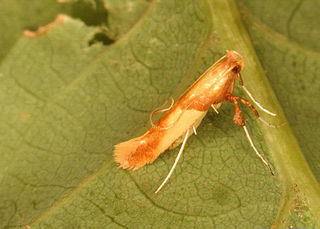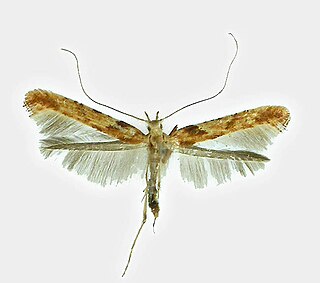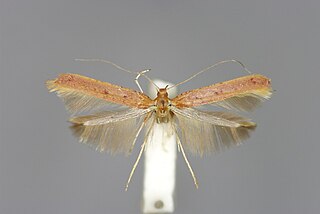
The Easter Rising, also known as the Easter Rebellion, was an armed insurrection in Ireland during Easter Week in April 1916. The Rising was launched by Irish republicans against British rule in Ireland with the aim of establishing an independent Irish Republic while the United Kingdom was fighting the First World War. It was the most significant uprising in Ireland since the rebellion of 1798 and the first armed conflict of the Irish revolutionary period. Sixteen of the Rising's leaders were executed starting in May 1916. The nature of the executions, and subsequent political developments, ultimately contributed to an increase in popular support for Irish independence.

Rebel Melanie Elizabeth Wilson is an Australian actress and producer. After graduating from the Australian Theatre for Young People in 2003, Wilson began appearing in the SBS comedy series Pizza (2003–2007) and later appeared in the sketch comedy show The Wedge (2006–2007). She wrote, produced and starred in the musical comedy series Bogan Pride (2008). Shortly after moving to the United States, Wilson appeared in the comedy films Bridesmaids and A Few Best Men, both in 2011.

Caloptilia rufipennella is a moth of the family Gracillariidae that is found throughout Europe.

Caloptilia alchimiella is a moth of the family Gracillariidae. It is found in Europe and the Near East.

Caloptilia populetorum is a moth of the family Gracillariidae. It is found in most of Europe, except Italy, the Balkan Peninsula and the Mediterranean islands.

Caloptilia hemidactylella is a moth of the family Gracillariidae. It is mostly found in central and northern Europe, although there are recent records from Belgium and the Netherlands. It is a rare species in Great Britain with no reliable records since the 1950s, when it was recorded in Gloucestershire. It is also believed to have been present in Northamptonshire in the 19th century.

Caloptilia is a genus of moths in the family Gracillariidae.

Caloptilia betulicola, the red birch slender, is a moth of the family Gracillariidae. It is found from Scandinavia and the north of European Russia to the Pyrenees and Alps and from Ireland to Poland and Slovakia. In the east it is found up to China, Japan and the Russian Far East.

Caloptilia elongella is a moth of the family Gracillariidae. It is known from all of Europe east to eastern Russia. It is also found in North America from British Columbia, south to California and east in the north to New Hampshire and New York.

Caloptilia falconipennella is a moth of the family Gracillariidae. It is known from all of Europe, except the Balkan Peninsula.

Caloptilia robustella is a moth of the family Gracillariidae. It is known from all of Europe, except the Balkan Peninsula.

The Qaboun offensive (2017) was a military operation of the Syrian Arab Army in the suburbs of Damascus against rebel forces during the Syrian Civil War. Its intended goal was to capture the Damascus suburbs of Qaboun and Barzeh from rebels led by Hay’at Tahrir al-Sham (HTS).
The Muscat rebellion was an uprising in 1913 led by Sālim bin Rāshid al-Kharūṣī against the authority of the Sultans of Muscat and Oman. The rebels established their own state, the Ibāḍī imamate. Its causes lay in a deep-rooted rivalry between northern and southern tribes of Muscat and Oman. It began in May 1913 in Tanuf. On 5 June, the rebels captured Nizwa, and on 20 June they captured Izki. By this time, the rebels had also surrounded Samail. On 24 June, the rebels captured al-`Awabi. By July, the situation had gotten so dire that the British government sent a small garrison to Natrah to aid the sultan of Muscat, to no avail. In August, the rebels captured Samail. Also in August, the rebels launched an offensive towards the coastal side of al-Jabal al-Akhda, and Nakhl was besieged on the 4th. Nakhl ultimately fell at the beginning of April 1914, after the desertion of several of the imam's reinforcement contingents. In April 1914 British cruisers bombarded Barkah and Qaryat to dislodge rebels from those settlements.












